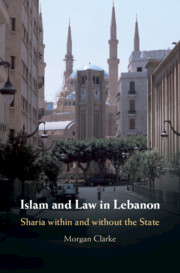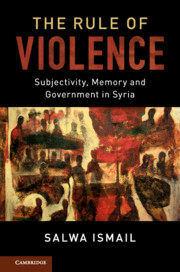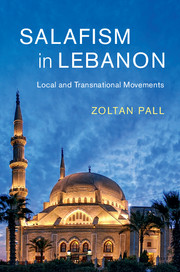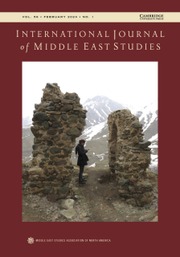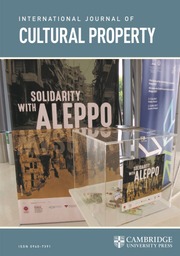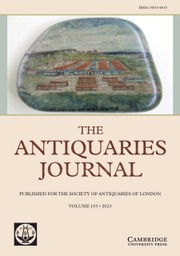Islam and Law in Lebanon
The modern state of Lebanon, created after the fall of the Ottoman Empire, is home to eighteen officially recognised different religious communities (or sects). Crucially, political office and representation came to be formally shared along confessional lines, and the privileges of power are distributed accordingly. One such key prerogative is exclusivity when it comes to personal status laws: the family legal affairs of each community. In this book, Morgan Clarke offers an authoritative and dynamic account of how the sharia is invoked both with Lebanon's state legal system, as Muslim family law, and outside it, as a framework for an Islamic life and society. By bringing together an in-depth analysis of Lebanon's state-sponsored sharia courts with a look at the wider world of religious instruction, this book highlights the breadth of the sharia and the complexity of the contexts within which it is embedded.
- Covers a broad range of perspectives on Islam, including both Sunni and Shi'i Islam
- Gives an authoritative account of Muslim family law in Lebanon
- Illustrates how the sharia is both law, and more than law
Reviews & endorsements
‘Morgan Clarke’s Islam and Law in Lebanon is a superb study of the multiple registers of Islamic law both within and beyond the purview of the Lebanese state and its legal system. Through a close and incisive examination of discourses, individuals and institutions which participate in the discussion about the nature of Islamic law in contemporary Lebanon, Clarke draws attention to important, often overlooked dimensions of the dynamics between states, their laws and Sharia.’ Guy Burak, New York University
‘The anthropology of Islamic ethics and of Islamic law are today both recognised as important subfields in anthropology, but both have developed in only intermittent dialogue with each other. Morgan Clarke’s richly researched and elegantly written book brings the two fields together masterfully, while also exploring the no less important issue of the relationship between state and non-state understandings and practices of Islamic sharia. The result is an important work that should be read by all anthropologists of Islam, as well as the general reader interested in how Islamic law and ethics are made relevant and meaningful in modern social settings.’ Robert W. Hefner, Boston University
‘Morgan Clarke’s ethnographically rich account of sharia 'within and outside' the state in Lebanon offers a crucial step forward in articulating current concerns with institutions, ethics, and practices, particularly in the post-Ottoman context, and does so in a particularly clear and generous fashion.’ John R. Bowen, author of On British Islam and A New Anthropology of Islam
Product details
August 2018Hardback
9781107186316
350 pages
235 × 156 × 23 mm
0.62kg
Available
Table of Contents
- Introduction
- Part I. Contextualising Sharia Discourse in Lebanon:
- 1. Court, community and state – a legal genealogy
- 2. The consequences for civility
- 3. Becoming a shaykh
- 4. Lessons in the mosque
- Part II. Sharia within the State:
- 5. Introducing the sharia courts
- 6. Marriage before God and the state
- 7. Bringing a case
- 8. Rulings and reconciliation
- 9. The judge as tragic hero
- 10. The wider world of the sharia
- 11. Reform and rebellion
- Part III. Sharia outside the State:
- 12. Becoming an ayatollah
- 13. Making law from the bottom up
- 14. The limits of authority
- Conclusion.

